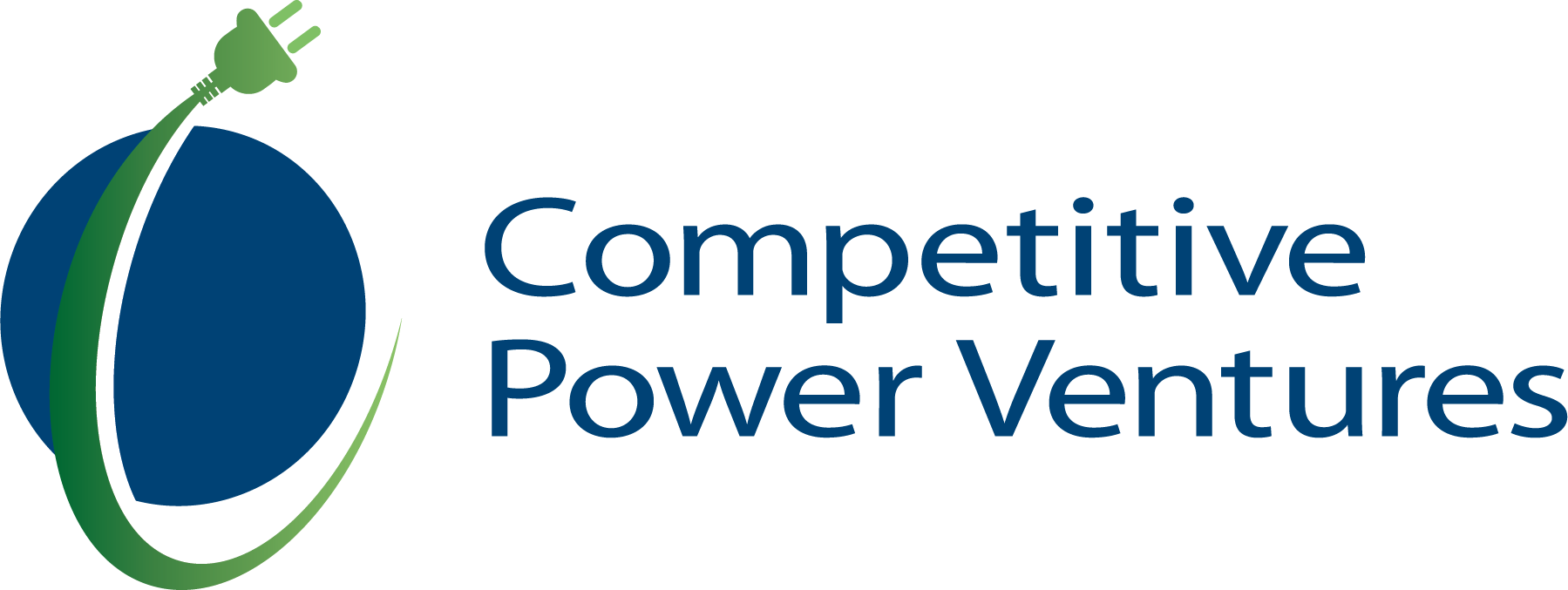CPV St. Charles Pushes Expedited Action To Save Ratepayers Billions & Improve Environment, Sees Common Ground With Maryland Energy Administration
Maryland Public Service Commission Order Can Ensure Ratepayer Savings While Bringing Much-Needed Jobs And Economic Development To State
Silver Spring, Maryland – Maryland based energy company Competitive Power Ventures, Inc. (“CPV”), in a filing to the Maryland PSC today, urged prompt action by the Public Service Commission on its request to order one or more Maryland utilities to negotiate a power purchase agreement with the St. Charles Power Plant under development in Charles County. In its filing CPV acknowledged merit in a proposal advanced by Maryland’s Energy Administration’s (MEA) to conduct a broader, but still expedited, review process of available options to get more electric generation built in the state.
“We believe MEA offers some good ideas to ensure a prudent review of options, while moving swiftly toward adding much-needed generating capacity to the state,” said CPV Chairman Doug Egan. “Every month delay robs Maryland ratepayers of tens of millions of dollars they could be saving by adding new generating capacity to Maryland’s electric system.”
MEA’s proposed solution would require PSC Staff to complete a review of the St. Charles project and any other competing projects requesting review within 90 days of an order on this matter, which would allow for a Commission-approved long-term contract to be in place for the chosen project by March 2010. CPV acknowledges MEA’s careful thought in proposing a process that will bring the project on-line and saving money by the summer of 2012.
Because of a deficit of in-state generation, Maryland currently imports approximately 2000 megawatts of electricity from outside the area; mostly from dirty, outdated coal plants to the west. In addition to sending electricity to Maryland, these generators also contribute to the deterioration of Maryland’s air quality. This practice, known as “coal by wire,” has local environmental groups seeking cleaner in-state alternatives as well.
CPV’s proposed St. Charles energy center would be fueled by natural gas and would be among the cleanest electric generators in the country. In addition, by using treated wastewater for cooling, the project will help clean up the Chesapeake Bay by limiting disposal of nutrient-rich wastewater into the Potomac. The project would create more than 350 jobs over the next few years and reduce electricity costs to ratepayers by adding much-needed supply to a constrained region. CPV St. Charles is the only proposed natural gas generating project in the state with its Certificate of Public Convenience and Necessity (CPCN).
What is preventing this from happening is that current financial markets are not strong enough yet to finance new energy projects without a long term sale of the project’s power, and yet Maryland desperately needs new local electricity supply. To address this situation, CPV filed a petition with the Maryland PSC on July 6, 2009, asking it to require utilities to enter into long-term contracts that can help facilitate the financing of new, clean energy projects that will be essential to power Maryland’s future economic growth. A long-term electricity supply contract will also help smooth out electricity price volatility that Marylanders have come to loathe.
CPV’s petition provides for the benefits of the regulated environment by providing an “open book” approach whereby the Public Service Commission bases the price to be paid on CPV’s demonstrated costs to construct and operate the St. Charles project. At the same time, this provides protections to ratepayers against cost-overruns and operational risks which are borne by the owners of the St. Charles project. This is a model that has been adopted in other states that performs to the benefit of ratepayers.
Various studies into the matter—including one commissioned by the Maryland PUC 1—have all concluded that the addition of significant new electricity supplies will result in dramatic environmental and economic benefits. In a study commissioned by the Maryland Legislature, the addition of a power project the size of the St. Charles project would decrease ratepayer power costs by $150 – $400 million per year. CPV’s St. Charles project is the only new combined-cycle facility in Maryland positioned to commence construction in 2010 and, thus, the only option in the State at this time that could create the aforementioned ratepayer benefits.
Of the more than 3,000 MW of new generation approved by the Commission in recent years, only 200 MW has actually reached commercial operation, as of the end of 2009.2 Projects in general cannot sit on the shelf indefinitely, and the Commission is well aware that lengthy delays ultimately can threaten the likelihood that a project will ever reach commercial operation
###
CPV: Energizing America’s Future
Competitive Power Ventures, LLC (CPV) is dedicated to increasing America’s sustainability, both economically and environmentally. Using domestically-available energy sources, like wind and natural gas, and partnering with host communities to support their tax base and school districts, CPV works to stabilize and improve local and state economies. CPV’s corporate mission is built around a belief that progressive companies can be powerful agents of change for a better world and a cleaner environment. To this end, CPV has focused its core activities around developing and operating energy facilities that can make a significant difference in improving the environments and economic well-being of a region.
Headquartered in Silver Spring, MD, with offices in Braintree, MA and San Francisco, CA the company currently has nearly 5,000 (MWs) of conventional generation projects in various stages of development across North America. The company’s Asset Management division has more than 4,500MWs of natural gas generation under management and is currently expanding its expertise into ethanol plant management. CPV Renewable Energy Company (CPV REC) is currently developing 5,000 MWs of wind power and solar power projects across North America. Find out more at www.cpv.com.
